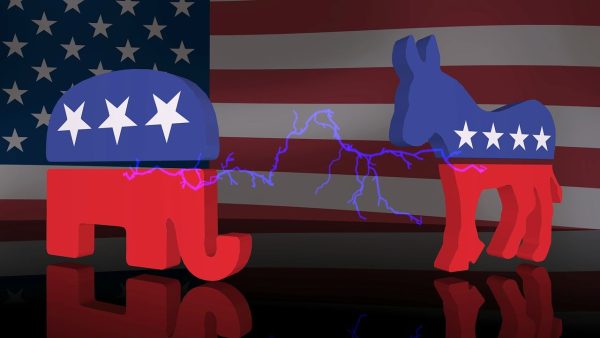Nigeria: The Next African Superpower
Nigeria has a long history of having rich natural resources, such as petroleum, limestone, zinc, and cetera. Such resources attracted a significant amount of European influence in the 19th Century. The British colonized Nigeria in 1901, declaring it a protectorate. The territory finally became a free nation in 1960. The British utilized a tremendous amount of resources from Nigeria, expanding their position in the global petroleum trade. During the ’60s, many foreign oil corporations dealt with the Nigerian Government to operate within the resource-rich country. According to NationsEncyclopedia.com, most of Nigeria’s foreign exchange earnings come from corporations with foreign oil corporations and countries needing petroleum. Nigeria’s resources, naturally turned into the country’s source of wealth.
Economic growth and fallbacks
Ever since Nigeria’s independence, it has experienced immense social and economic growth. Investment into jobs, national education, and healthcare in the ’60s, revolutionized the nation entirely. Literacy rates, and the proper skills for employment dramatically increased, prompting a new path for the country. Additionally, infrastructure and communication networks expanded; such growth in the 1960s, set a precedent of success for Nigeria. However, with Nigeria’s success, came significant drawbacks. Much of the government-owned industry in the country was embezzled by leaders in Nigeria, causing numerous political scandals, which halted productivity in the Nigerian Petroleum Industry. In turn the Government invested a majority of their assets into rapid, large-scale industrialization. However, the skilled labor needed for such industrialization was not possible. Therefore, the policies were depleting Nigeria’s resources and stagnating the economy, into the late 1970s. With a stagnant economy, Nigeria also experienced a civil war that left the country in political shambles. Nonetheless, the nation managed to unify as a whole and recover politically in a quick manner. In the 1970s, an enormous oil boom occurred in Nigeria, rapidly growing the nation’s economy and creating the necessary skilled labor for the Government’s investment in private oil. Such growth in the 1970s gave way to Nigeria’s regional power in the 21st Century.
Predictions
Nigeria’s prominence in oil and other natural resources was poised for great economic success in the 1980s and 1990s. In the 80s, Nigeria saw years of petroleum exportation and a stable currency, yet experiencing a negative GDP constantly in the decade. However, in the 1990s, Nigeria’s GDP grew tremendously, petroleum exportation was high, and investment into the private-oil industry was booming. Education was expanding as well, through the introduction of the internet. Nonetheless, the nation experienced turmoil with inflation. According to NationsEncyclopedia.com, in 1999, Nigeria’s Naira, the currency, was inflated by 12.5%, which prompted less exportation, more miniature goods produced, and skyrocketing unemployment. With such challenges, the incoming President, Olusegun Obasanjo, implemented various economic policies with the nation’s resources, lowering inflation, increasing employment, and expanding national education. Obasanjo’s reinvestment into the people and the oil industry, transformed Nigeria’s economy completely. Stabilizing its currency and the exportation of resources created a large and fault-proof economy, which is still prominent in the present day, 2021. Nevertheless, Nigeria has received a large blow economically with the past year’s pandemic. However, the nation has begun the recovery process, with revenue from exportation being at a stable high of $2.5 trillion, according to tradingeconomics.com. Nigeria has gone through many economic challenges in its history. Despite that, the country continues to prosper and recover post-crisis. It may become a continental superpower in the next twenty years, due to such economic trends.
Decades of economic growth and investment have plundered and raised the Nigerian economy. Within the last fifteen years, Nigeria has experienced tremendous economic growth, unparalleled to past decades. Investment in national services, and the Petroleum industry, has made Nigeria poised to become a superpower regionally. Nations worldwide must take notice of Nigeria’s growth; otherwise, they may fall second-fiddle to Nigeria’s economy.











